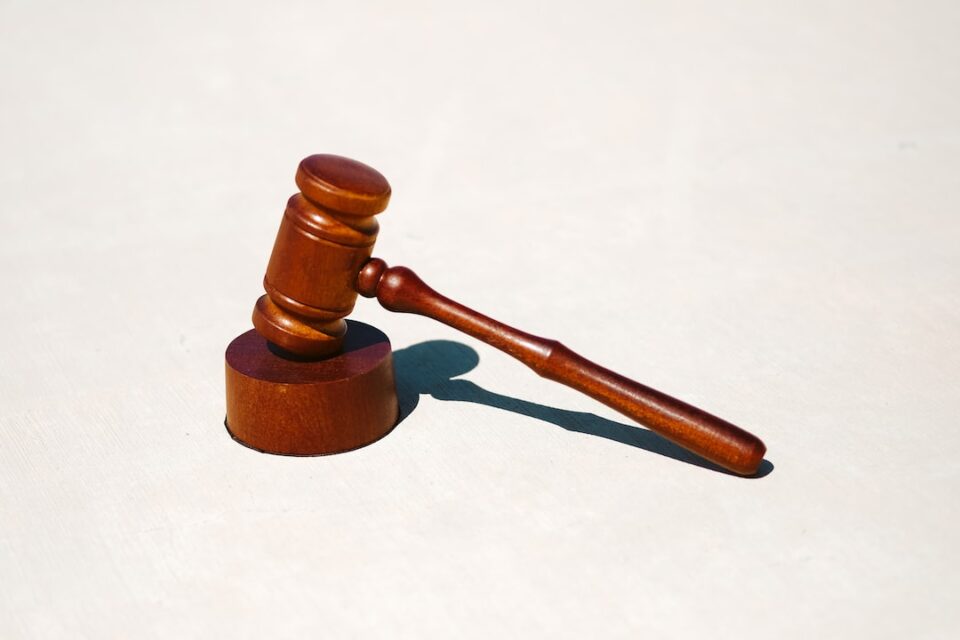Exploring Criminal Law: Types of Offenses and the Justice System
Criminal law is a fundamental component of any legal system. It encompasses a broad range of offenses that are considered to be harmful to society and subject to punishment. Understanding the various types of offenses and the workings of the justice system is crucial for maintaining order and safeguarding the rights of individuals. In this blog post, we will delve into some of the key aspects of criminal law, including different categories of offenses and the functioning of the justice system.
Criminal offenses can be broadly categorized into two main types: misdemeanors and felonies. Misdemeanors are less serious offenses, such as petty theft, trespassing, or disorderly conduct. These offenses typically carry a lesser punishment, such as fines, community service, or short jail sentences. On the other hand, felonies are more serious crimes, including murder, rape, or robbery. Conviction of a felony often leads to significant jail time or even life imprisonment, depending on the jurisdiction and the severity of the offense.
Within these categories, criminal offenses can vary greatly. For example, offenses against persons include crimes like assault, battery, or domestic violence. These offenses involve physical harm or the threat of physical harm to individuals. Offenses against property, on the other hand, involve crimes like burglary, arson, or vandalism. Such crimes result in damage or destruction of someone’s property and can have severe financial and emotional consequences for the victims.
Another category of criminal offenses is offenses against the public order. These include crimes like public intoxication, disorderly conduct, or disturbing the peace. These offenses disrupt the peace and tranquility of society, often causing inconvenience or harassment to others in public spaces. Additionally, offenses against morality and decency cover crimes such as prostitution, pornography, or drug-related offenses. These offenses are deemed to have an adverse impact on society’s moral values and the well-being of individuals involved.
When an individual is accused of committing a crime, they go through a legal process known as the justice system. The primary purpose of the justice system is to determine the guilt or innocence of the accused and, if found guilty, to impose a just punishment. The justice system comprises several crucial components, including law enforcement agencies, the judiciary, prosecutors, defense attorneys, and correctional institutions.
Law enforcement agencies, such as the police, are responsible for investigating crimes, gathering evidence, and making arrests. Once an arrest is made, the case is presented to a judge who determines the legality of the arrest and decides whether to proceed with a trial. If the judge finds sufficient evidence, the case is then presented to a jury, unless the accused chooses to have a bench trial where the judge alone will decide the outcome.
Prosecutors represent the state or federal government and present the case against the accused, while defense attorneys advocate for the rights and interests of the accused. The trial process includes examination and cross-examination of witnesses, presentation of evidence, and legal arguments from both sides. After careful consideration of the evidence and deliberation, a jury or judge will render a verdict of guilty or not guilty.
If the accused is found guilty, the punishment is determined by the judge according to the laws of the jurisdiction and the severity of the offense. Punishments can range from fines, probation, community service, or jail time, depending on the circumstances. In some cases, a guilty verdict can lead to rehabilitation programs or parole in order to reintegrate the offender into society successfully.
In conclusion, criminal law plays a vital role in maintaining order and ensuring justice in society. By understanding the different types of offenses and the functioning of the justice system, individuals can better appreciate the concepts of guilt, innocence, and punishment. Criminal offenses can have significant consequences for both victims and perpetrators, making it crucial to have a fair and effective justice system that protects the rights of all individuals involved.

